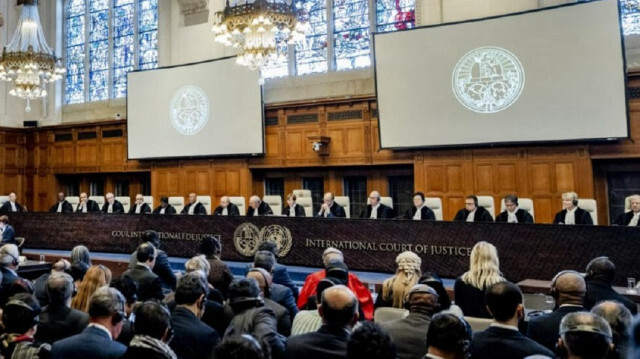
Education stands as a sign of hope across Africa, revered as the fundamental tool for realizing dreams and seizing opportunities. Despite grappling with obstacles like restricted access and compromised quality, the collective vision of an Africa where every child enjoys equitable access to quality education, irrespective of their socio-economic background or circumstances, remains steadfast.
In the face of these challenges, initiatives such as the African Union’s Agenda 2063 have emerged, recognizing education as the cornerstone for sustainable development and prosperity on the continent. Agenda 2063, a strategic framework for the socio-economic transformation of Africa over the next five decades, places education at the forefront of its agenda, emphasizing its pivotal role in shaping the continent’s future.
The quest for quality education in Africa is multifaceted, marked by progress as well as persistent hurdles. While strides have been made in expanding access to education, significant gaps persist, particularly in remote and marginalized communities. Challenges such as inadequate infrastructure, teacher shortages, and outdated curricula continue to impede efforts to deliver quality education to all.
Nevertheless, the determination to surmount these challenges and transform Africa’s education landscape remains unwavering. Governments, civil society organizations, and international partners are increasingly pooling their efforts and resources to innovate and implement solutions that address systemic issues and enhance educational outcomes.
From leveraging digital technologies to broaden access to education in remote areas to implementing teacher training programs aimed at elevating instructional quality, a spectrum of initiatives is underway to bridge the education gap. Moreover, the integration of technology into education delivery holds promise in equipping learners with the skills necessary for the evolving workforce, fostering a culture of innovation and entrepreneurship.
Yet, the realization of Africa’s educational aspirations hinges on sustained commitment and collaboration across all sectors. Governments must prioritize education in their policy agendas and allocate adequate resources to ensure equitable access and quality learning opportunities for all children.
Furthermore, partnerships between governments, civil society, and the private sector are crucial in harnessing expertise and resources effectively. By fostering collaboration and coordination, stakeholders can amplify impact, scale successful interventions, and drive tangible progress towards achieving the ambitious goals outlined in Agenda 2063.
In essence, education stands as the linchpin of Africa’s journey towards sustainable development and prosperity. By investing in education, Africa can unlock the full potential of its youthful population, fostering innovation, economic growth, and social progress. Through concerted efforts and unwavering determination, Africa can pave the way for a future where every child’s dreams are within reach, regardless of their circumstances.




